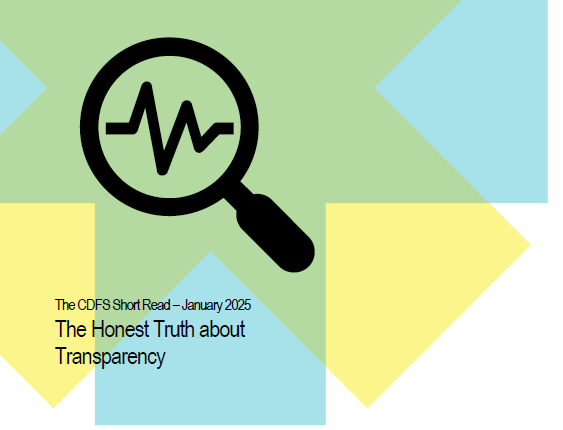A non-profit organisation
dedicated to integrating
the development
finance system into global capital markets.
Through applied research, field work and advocacy the Centre for Development Finance Studies identifies and disseminates practical solutions for further integrating the development finance system of institutions into global capital markets.
The CDFS is supported by the Swedish International Development Cooperation Agency, the Norwegian Agency for Development Cooperation, and the Gates Foundation.
About us
The Centre for Development Finance Studies is a non-profit organisation dedicated to applied research, field work and advocacy in the field of development finance.
The CDFS works to shape a future where the development finance system harnesses the reach and scale of the global capital markets to dramatically increase the participation of private capital for the 2030 Global Goals.
The CDFS Method
The CDFS acts as a knowledge resource for decision makers, leveraging the best available capital markets expertise to identify and disseminate practical solutions for unlocking the full potential of development finance.

The CDFS systematically applies a three-stage approach to generate accelerated development through capital markets:
- 1 Applied Research: Identify the most adapted solutions and instruments to mobilise capital and unlock the full potential of development finance.
- 2 Advocacy: Act as a knowledge resource for decision makers to enable informed decisions leading to solution adoption.
- 3 Implementation: Accompany implementation efforts, ensuring operational constraints are addressed.
Bringing change to any system requires a sustained and resilient effort.
There is no solution without adoption.
There is no solution without adoption.
CDFS workstreams thus far:
- Equipping development finance decision-makers within governments and the governance structures of MDBs with access to the best available capital markets expertise they require to drive reform.
- How to shape a coherent measurement system that reconciles contributions from the public sector (ODA PSI) and the private sector (mobilisation) to paint an accurate picture of our collective progress towards bridging the sustainable development financing gap. A picture upon which strategies can be articulated.
- Why data transparency is not only a question of principles, but the basis of capital markets development and the key that unlocks the private capital mobilisation opportunity.
- Why DFI/MDB funding models inform their ability to deliver on their mandates, and
- Why mobilisation must meet investors where they are and how securitisation technology can help bridge the gap that separates them from development finance.
- Why the local currency issue highlights the need for local capital markets development, and the necessity to adopt a systemic approach to addressing gaps in financial infrastructure.
Latest Publication

Short Read 4: The Honest Truth about Transparency
The development finance system of institutions holds immense value. Part of this value lies in the data yielded by their unique experience of lending and investing across developing economies. Sharing this data could accelerate our efforts towards sustainable development by enabling creativity, lowering the cost of capital for key stakeholders and harnessing competitive forces. Transparency has its costs, but these pale in comparison to the costs of prolonged opacity.
